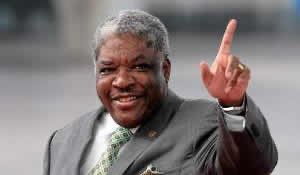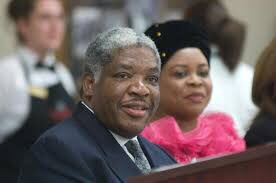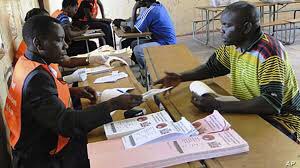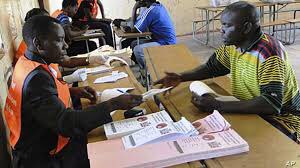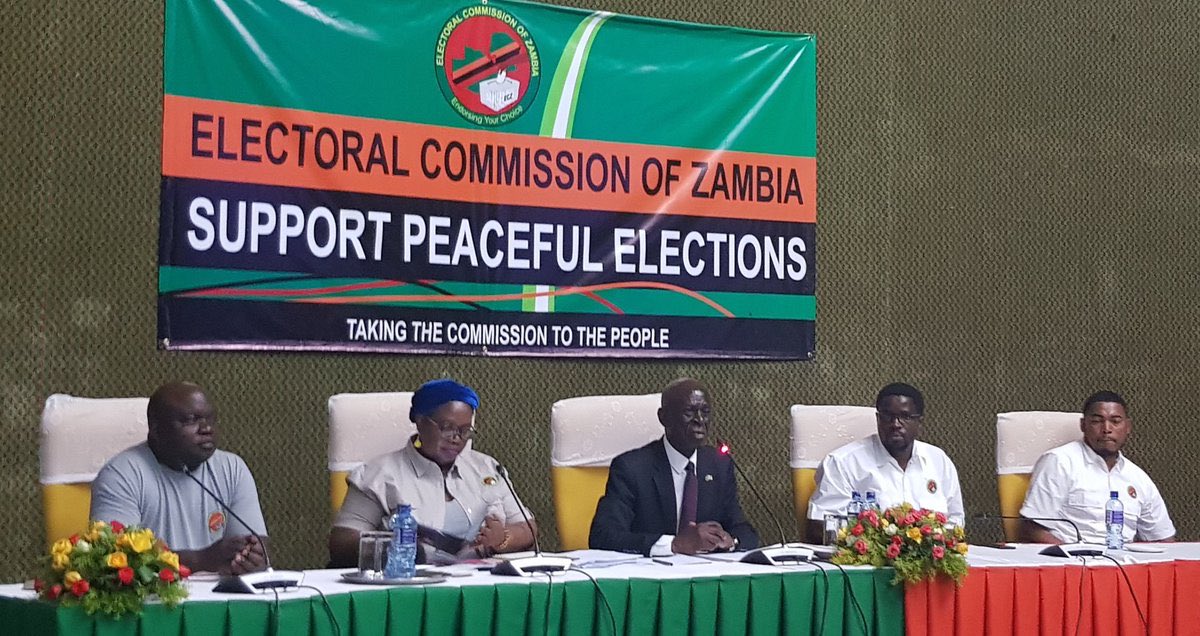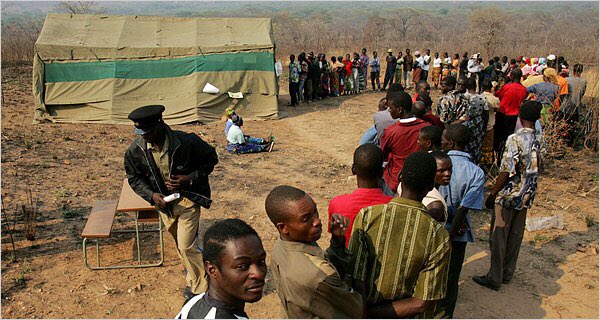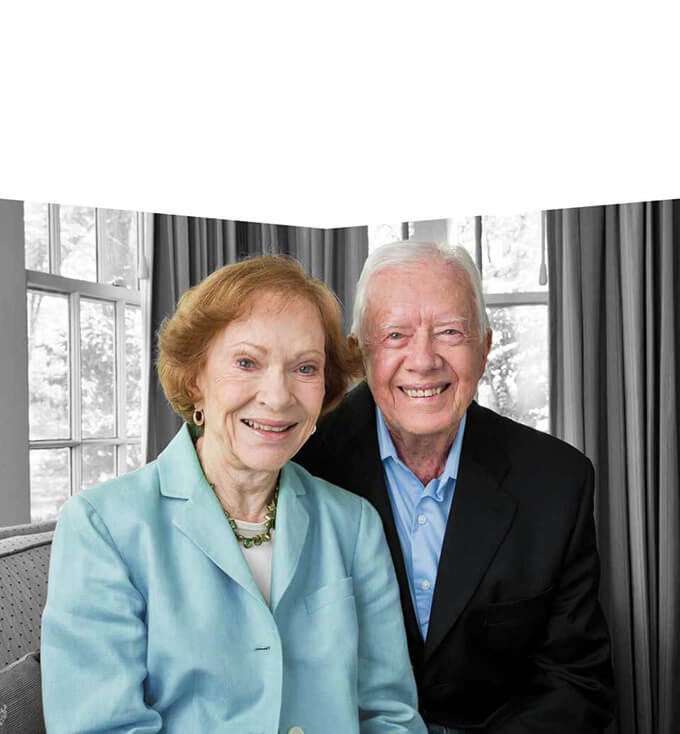Election Day - On 28 September 2006,  my brother and I put on white t-shirts, carried a camera and decided to “monitor the elections” the results were very interesting.... we wanted to know, are the claims of rigging true?
my brother and I put on white t-shirts, carried a camera and decided to “monitor the elections” the results were very interesting.... we wanted to know, are the claims of rigging true?
 my brother and I put on white t-shirts, carried a camera and decided to “monitor the elections” the results were very interesting.... we wanted to know, are the claims of rigging true?
my brother and I put on white t-shirts, carried a camera and decided to “monitor the elections” the results were very interesting.... we wanted to know, are the claims of rigging true?
Context - I first voted in 2001 as a student in what was a bizarre election. After a failed 3rd term bid, the ruling MMD split into three main factions, MMD itself, FDD & Heritage. MMD’s Mwanawasa was deeply unpopular. There was some violence but we felt safe attending rallies.
The stakes - On the other side of the MMD pendulum was UPND that shot to prominence in a matter of months. They more or less campaigned freely, there were some punch ups around markets etc but it was a wide open election.
The Poll - The actual polling was extremely poor.
1. All votes were counted centrally
2. Ballot boxes were opaque, so you couldn’t tell if they arrived pre-stuffed.
3. Polls took place in Dec amid massive thunderstorms Some people voted up to 2 days late.
Some people voted up to 2 days late.
1. All votes were counted centrally

2. Ballot boxes were opaque, so you couldn’t tell if they arrived pre-stuffed.
3. Polls took place in Dec amid massive thunderstorms
 Some people voted up to 2 days late.
Some people voted up to 2 days late.
Some trivia, in breach of the constitution, 2nd President Frederick Chiluba actually exceeded his constitutional term by 2 months. He was first elected on 31 Oct 1991 and was voted out on 27 Dec 2001.
MMD Won - When the results were announced, MMD had won, UNPD and others sued and 5yrs later it was determined by the courts that the elections were flawed but this didn’t warrant a nullification.
Skip forward 5yrs, the 2006 election, Mwanawasa had basically silenced his critics by exposing corruption, cutting govt excesses, stabilizing the exchange rate, collecting garbage & delivering on all his campaign promises. He was also committed to improving the election process.
The Mwanawasa Elections 2006 - The President introduced radical enhancements to Zambian polls. Semi-transparent ballot boxes came in, a voters roll was distributed to polling agents in advance and counts took place in public at the polling stations.
How it worked. Reps of the parties have a physical copy of the voters roll. Every voter in is checked against it, confirmed, then the ballot is given. A person votes and drops the ballot into a semi transparent box. The count happens in public.
The reality -we started monitoring at Olympia Basic school. Dressed in jeans and white t-shirts, we were welcomed in. Witnessed the process and the final count. It was exactly as described. The polling agents knew how many ballots were in the box before it was opened.
Other polling stations - we visited five other polling stations where the count was progressing. People were crowded around the windows witnessing the count. Reps from each party strictly enforced the rules. We then went to the district count office to see how they tally results.
Lusaka District - ECZ were tallying Lusaka results at Civic Centre. They had a database that showed results by polling station, once party agents agreed on the result it was publicly approved, and went to the national count centre.
National Count Centre - we literally showed up at Mulungushi conference Centre and said we’re monitoring the elections. The gate swung open and we went in. Armed with results from Civic Centre we wanted to see if we could validate the results.
National Count Centre - ECZ officials were arranged by province and constituency. Each was surrounded by party reps confirming that district results were reflected correctly. As before the provisional results appeared on screen,reps validated and it becomes final.
We reached the conclusion that the current system of voting is extremely secure and if someone rigged, it would be easy to point out exactly where the error is. The notion that votes are stolen etc is bogus.
The controls around polls are so stringent that it explains why sitting presidents invest so much time and effort campaigning across the country. If they don’t get people to go out and vote they will lose. The actual voting process is very credible.
The Carter Centre who monitor elections globally wrote a report on the 2001 polls  . All the weaknesses around voting and counting of ballots were resolved by 2006.
. All the weaknesses around voting and counting of ballots were resolved by 2006.
https://www.cartercenter.org/documents/1135.pdf
 . All the weaknesses around voting and counting of ballots were resolved by 2006.
. All the weaknesses around voting and counting of ballots were resolved by 2006.https://www.cartercenter.org/documents/1135.pdf
People argue that rigging happens in rural areas but the reality is that polling agents can be sent to every single polling station.
With Counsellor and MP candidates dotted across the country, there are a lot of election monitors watching the polls everywhere
With Counsellor and MP candidates dotted across the country, there are a lot of election monitors watching the polls everywhere

 Read on Twitter
Read on Twitter




